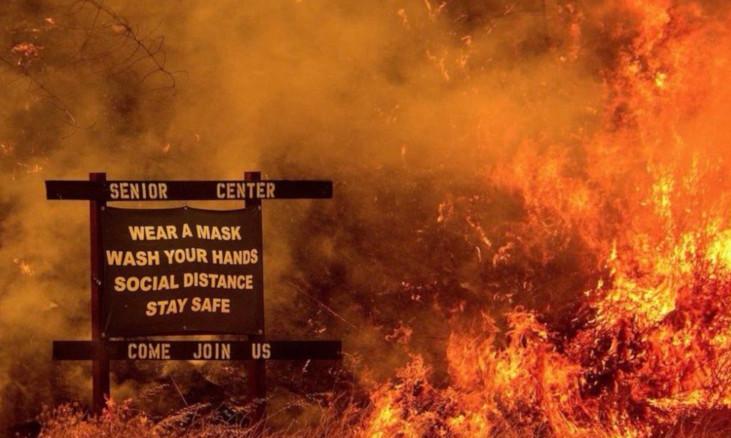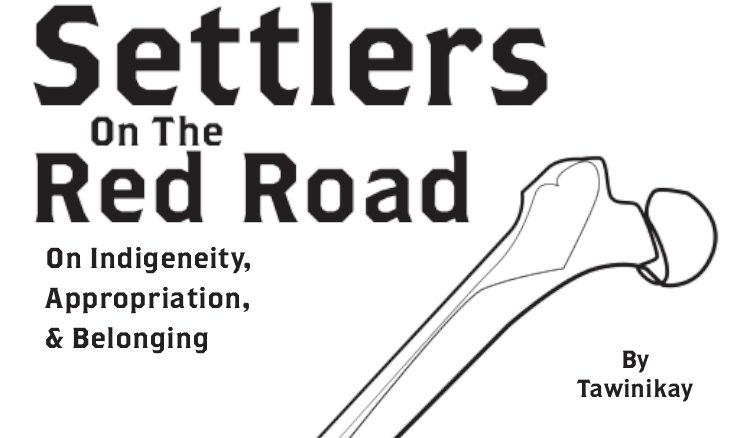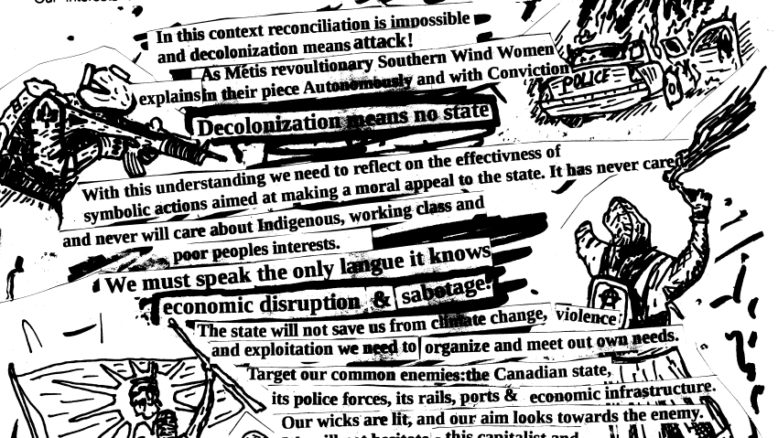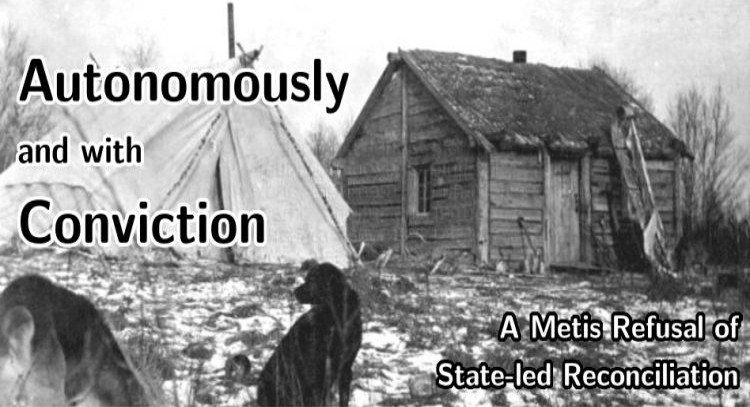Transcription of a talk given on October 12, 2018 at the 13th annual Decolonizing Thanksgiving Dinner in Guelph, Ontario on traditional Neutral/Chonnonton, Anishinabec, and Haudenosaunee territory. This text is also available as an imposed printable brochure so you can share it and discuss.
I’d just like to preface this by saying that some of the things I’m going to say tonight are going to be challenging, maybe even upsetting, for some people. If it is, I apologize. But I was also offered tobacco to speak tonight and so I have to speak my truth.
I was asked to come and speak to you tonight about reconciliation.
I think it is important for me to begin this talk by telling you that I have no interest in reconciliation (at this time) and that I think the concept is a state-led smoke screen used to advance a more sophisticated policy of assimilation. I want to talk a little bit about reconciliation, decolonization, the difference between the two, and the role of the state in all of this. Read More …





